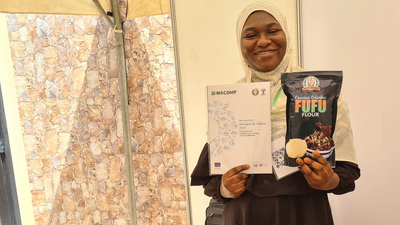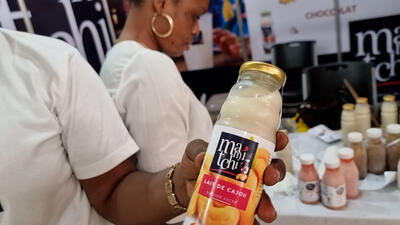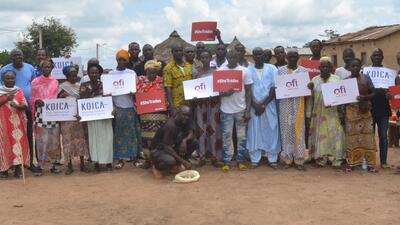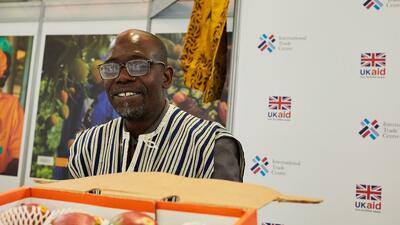Ivorian private sector defends interests in regional trade negotiations
The Ivorian private sector is protecting its prospects in the jute bags and wheat flour trade by participating in public-private dialogues organized by the International Trade Centre (ITC) in collaboration with the Côte d’Ivoire Ministry of African Integration and Ivoirians Abroad (MIAIE).
At a public-private dialogue planned under the European Union-funded Programme d’Appui au Commerce et à l’Intégration Régionale (PACIR), representatives of the nascent jute bags industry shared their concerns about the 20% tariff rate under the Economic Community of West African States (ECOWAS) Common External Tariff (CET). Ivoirian businesses requested the highest CET band rate at 35%, as they produce jute bags as a semi-finished good. Ghanaian businesses, on the other hand, prefer the 20% rate, as jute bags are an input for the country’s cocoa industry.
Because of the divergent interests of the two countries, Côte d’Ivoire presented the issue to the West African Economic and Monetary Union (WAEMU). As a result, jute bags became covered by WAEMU import safeguard measures, allowing states to implement an additional duty to protect the industry against a substantial increase in imports of certain products.
‘We are happy to remark that we have created a conducive environment for businesses to voice their concerns, and through dialogue we have been able to come up with stronger negotiating positions to better defend the Ivorian trade interests,’ said Stéphane Aka-Anghui, Technical Advisor at MIAIE.
Similarly, the Ivoirian milling industry voiced concerns about the safeguard measures for wheat flour to be negotiated at the ECOWAS level. Prior to the ECOWAS meeting for the adoption of safeguard measures, Côte d’Ivoire requested ITC’s assistance in organizing a public-private dialogue so decision makers could present the measures to members of the private sector.
The wheat milling industry expressed concerns about the procedures for implementing the safeguard measures, saying that they were cumbersome and that the industry would go bankrupt before any measures could be put in place. Their recommendation was to have WAEMU-like safeguard measures within the ECOWAS CET.
As a result, less time-consuming safeguard measures were adopted and included in the ECOWAS CET.
‘The role of ITC within PACIR has been instrumental in bringing the private and public sectors closer, fostering a deeper understanding of the agenda of trade negotiations and the implications for the private sector, in particular small and medium-sized enterprises, of alternative policy options,’ said Jean-Sébastien Roure, ITC’s Senior Officer of Trade Facilitation and Policy for Business.















